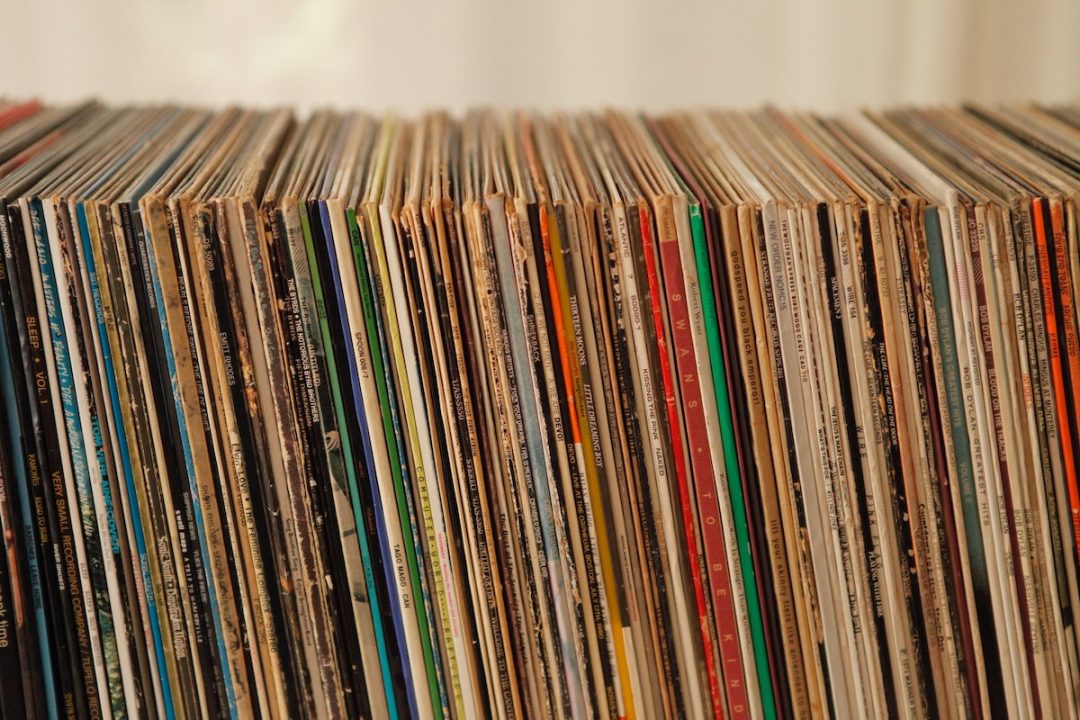Many artists want to better understand the difference between an EP vs LP, especially in terms of what it means for releasing their own music. There’s the simple distinction that one is shorter than the other, namely due what was manageable in the earliest days of physical releases. Today, there are any number of creative, marketing, and budgetary reasons why an artist or group decides to record one or the other.
What Is an EP?
EP stands for “extended play.” In other words, it’s longer than a single (extended) and shorter than a full-length album. There are a number of reasons artists still record EPs as opposed to full albums. Many burgeoning musicians debut EPs to start a buzz, especially in the age of streaming where singles and shorter attention spans make it difficult to gain traction. The focused format lets artists handpick their most solid work at the time.
How Long Is an EP?
It varies, but a standard EP is usually between three and six songs long with a running time of 30 minutes or less. It’s roughly half the length of a full album.
What Is an LP & How Does It Differ from an EP?
LP stands for “long play.” It’s the universal term for a full-length album. LPs allow artists to showcase a more complete, and oftentimes dynamic, body of work as opposed to the tighter EP form. Streaming platforms tend to grant more visibility to LPs versus EPs or singles, though it isn’t always easy for a fresh act to garner much attention to their first LP. As far as release goes, singles precede the LP to get the market’s attention.
How Long Is an LP?
Typically LPs run upwards of seven songs and 30 minutes of playing time, oftentimes hitting the 45- to 60-minute mark.
A Brief History of LP & EP Albums
In 1948, Columbia Records introduced the 10-inch and 12-inch 33 1/3 RPM vinyl record. With a capacity of roughly 23 minutes per side, the 12-inch would become the go-to format for long play albums and remain so for decades until the introduction of the tape cassette and CD.
In 1952, competitor RCA Victor established the 45 RPM 7-inch extended play. The format could hold up to 7.5 minutes of recordings on each side and was designed specifically to be playable on standard 45 RPM phonographs of the day.
Both the terms EP and LP are still widely used today, though now they rarely refer to the physical medium and its specifications. Instead, it simply implies the length of the project as an art form — which, to be fair, stems from the early days of vinyl recordings.
EP vs LP: Which One Should I Release (And When)?
There are a number of reasons why an EP is a better option for new artists than an LP. For one, it’s much easier (and cost effective) to manage a smaller handful of songs for an EP than to take on an entire album. EPs are faster and cheaper to produce than full-lengths — they also bridge the gap for many artists who start off releasing singles and want to offer their next project that has a bit more weight, without diving into an LP. Musicians with a lot of material can release multiple EPs per year to grow their base instead of adopting the traditional (slow) two- to three-year LP cycle.
From a marketing perspective, namely in regards to independent musicians building a fanbase, new listeners can digest an EP more easily than an LP. It’s obviously less time consuming, but it also allows you, the artist, to concentrate on several of your best songs to put your strongest foot forward.
For more established bands in between album cycles, EPs provide a means to reengage a fanbase and ignite their interest again before releasing the next LP. EPs can also be an outlet for experimental material that didn’t make the cut on the last LP, or to take some creative risks before writing the next full-length. In some cases, musicians use an EP after their previous LP to signal a stylistic shift that’s coming on the next record.
Ultimately, artists use a combination of singles, EPs, and LPs to establish and market themselves. Purely from a practical perspective, an EP, vs LP, is going to be an easier undertaking for the average independent artist.
